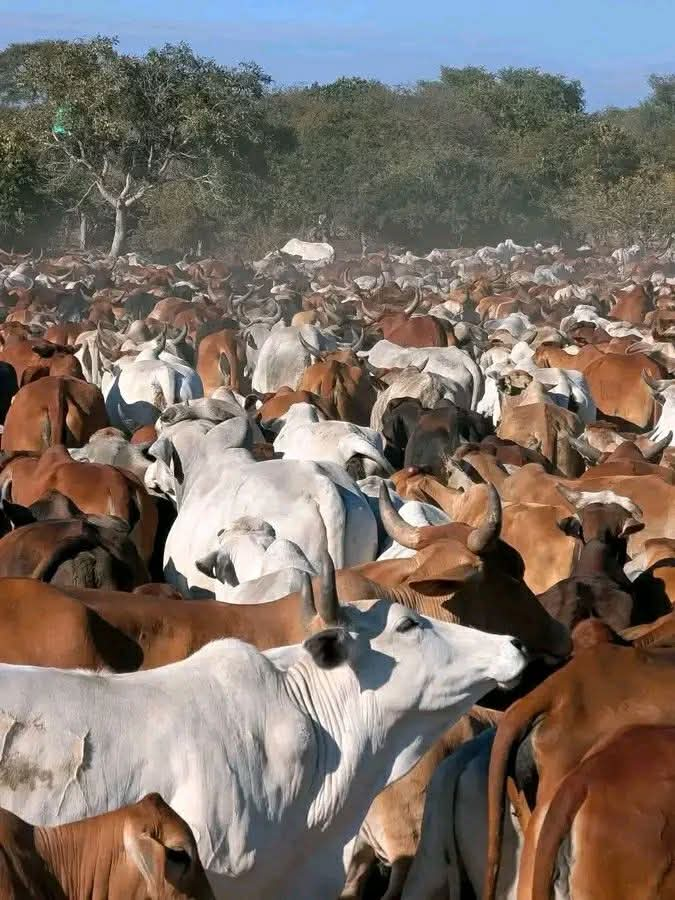The Federal Government has launched the National Livestock Master Plan (N-LMP) to solve challenges in the livestock sector and attract investments from government, development partners, and the private sector.
The plan was developed by the Livestock Productivity and Resilience Support Project (L-PRES) in partnership with the International Livestock Research Institute (ILRI), Nairobi, Kenya, and the Bill and Melinda Gates Foundation.
On Thursday in Abuja, Dr. Sanusi Abubakar, the National Project Coordinator of L-PRES, presented the plan to the Minister of Livestock Development, Idi Maiha.
Maiha described the plan as a strategic roadmap to transform the livestock sector, which contributes about 17 per cent to Nigeria’s agricultural Gross Domestic Product (GDP) and five per cent to the national GDP.
He noted that millions of Nigerians depend on livestock for their livelihoods, and the sector is key to meeting the country’s protein needs.
“Yet, growth has been slowed by low productivity, disease outbreaks, poor infrastructure, and limited access to markets. The N-LMP is a comprehensive five-year plan to address these problems and guide the development of a strong, sustainable livestock industry,” he said.
The minister explained that the plan will focus on key commodities and value chains, introduce new technology and policy interventions, and include investment analysis to show the benefits of combined livestock projects.
According to him, the initiative will boost poverty reduction, job creation, economic growth, food security, and nutrition. It will also promote gender inclusion, youth employment, fairness, and environmental sustainability.
He pointed to Tanzania as an example, saying the country adopted a similar plan in 2018 with ILRI’s support, attracting \$624 million in research investment and stimulating private sector involvement.
“The N-LMP will help Nigeria implement the Livestock Development Strategy for Africa (LiDeSA), meet the Malabo Declaration goals, and contribute to the Sustainable Development Goals (SDGs). It is our commitment to a future where Nigeria’s livestock sector is not only sustainable but also innovative, thriving, and a major driver of national prosperity,” he said.
Maiha called on stakeholders to support the plan, attract investments, and build a strong and fair livestock sector for Nigeria.
Abubakar said the plan covers the full livestock value chain, from feed to species, and identifies the roles of federal and state governments, the private sector, and other key players.
He stressed that the private sector is vital for investment and unlocking the industry’s potential to drive food security, job creation, poverty reduction, and social stability.
Dr. Sirak Batha, Senior Agricultural Economist at ILRI, said the plan has four main components.
He listed them as: a full assessment of the sector’s current situation and challenges, a medium-term development strategy based on forward-looking analysis, a short-term investment plan tailored to commodities and value chains, and a coalition of public and private stakeholders working together to drive change.


